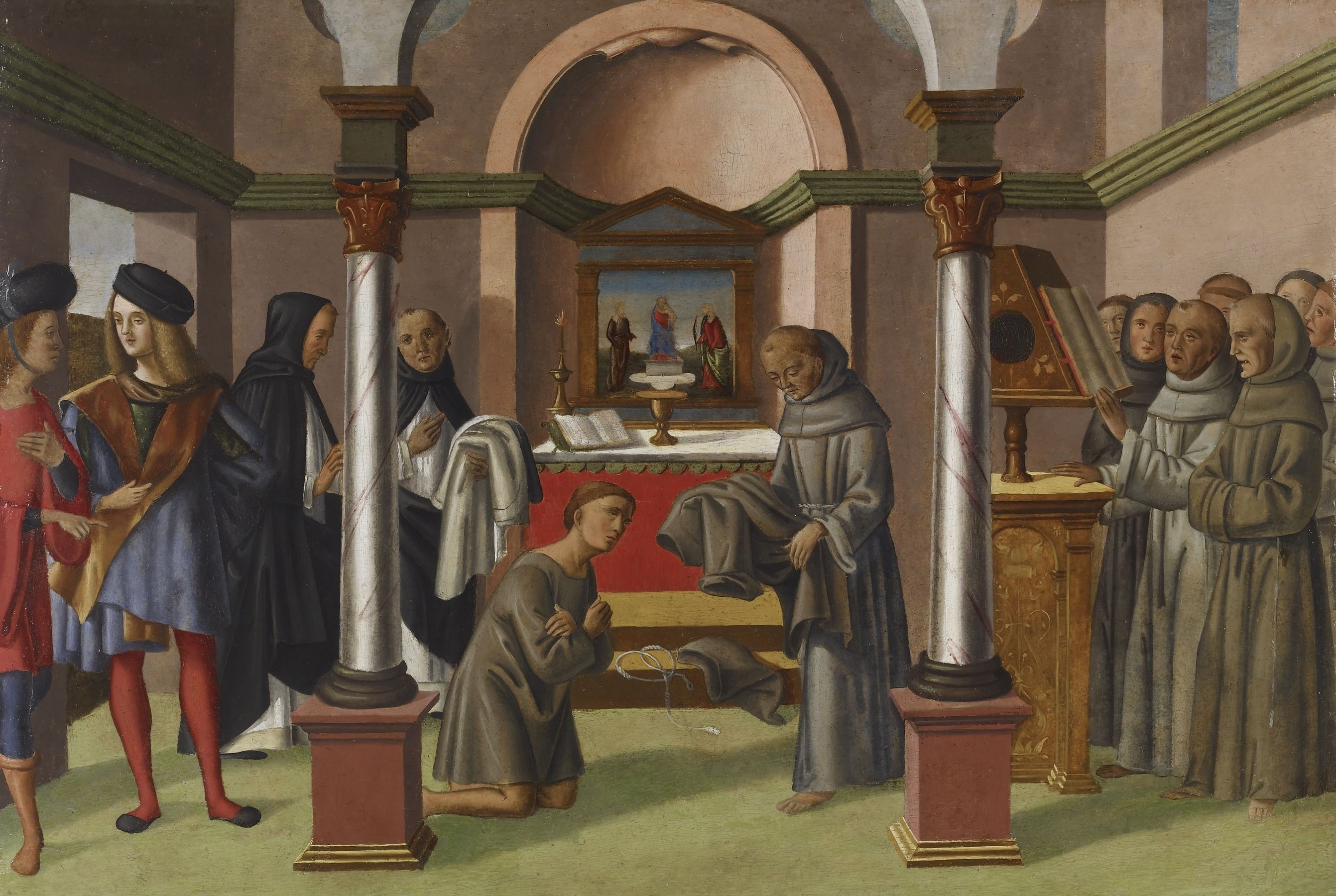On June 13th, the Church celebrates the memorial of St. Anthony of Padua, O.F.M., a Doctor of the Church. St. Anthony’s feast day is particularly special to me as it is my onomastico or “name day.” Though we may think of St. Anthony as the “finder of lost things” or identify his popularity with Italian and Portuguese Catholics, St. Anthony reminds me most of the goal of theology.
While theology is the diligent study of sacred realities, we can often stress the activity (diligent study) over the object (sacred realities). As a mentor of mine is fond of saying: theology is about transformation, not information. Few religious orders have incorporated this belief into their spiritual legacy as profoundly as the Franciscans, and St. Anthony was acutely aware that the goal of theology is eternal beatitude – not the accumulation of facts, and certainly not an academic degree.

St. Anthony joined the Franciscans, after first becoming an Augustinian, while they were still in their infancy. He was the Order’s first reader of theology, or “official theology teacher,” and yet no manuals or scholastic disputations have survived from his work. What we possess from St. Anthony’s writings are a collection of his sermons. Like many Patristic Fathers before him, St. Anthony was most concerned with living the Gospel of Jesus Christ, and his homilies are rich examples of a probative explication of Scripture at the service of the conversion of souls.
Rather than provide a quotation from one of his homilies which demonstrates this point, I would instead like to share a letter which was written to St. Anthony by St. Francis. The occasion for this correspondence was the instillation of St. Anthony as the Order’s first reader of theology. The entire letter is the following:
“Brother Francis [sends his] wishes of health to Brother Anthony, my overseer. It pleases me that you teach sacred theology to the brothers, as long as – in the words of the [Franciscan] Rule – you ‘do not extinguish the Spirit of prayer and devotion’ with study of this kind.”
Hah! How very Franciscan to remind the professor not to distract from prayer and devotion with the study of theology! Here we are reminded that theology is an activity which serves the Church, seeks the conversion of souls, and aims at our eternal communion with God. Without these goals, theology is just another collection of facts and figures like any other academic discipline. And if theology remains the latter, it can more easily “‘extinguish the Spirit of prayer and devotion’” than inspire it.

